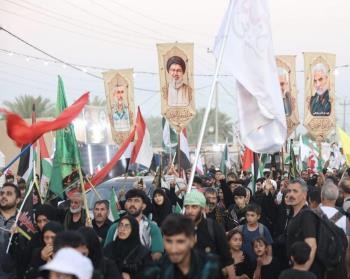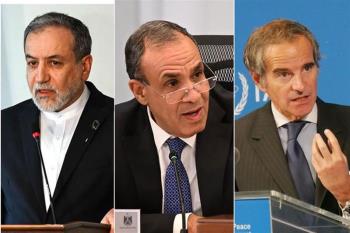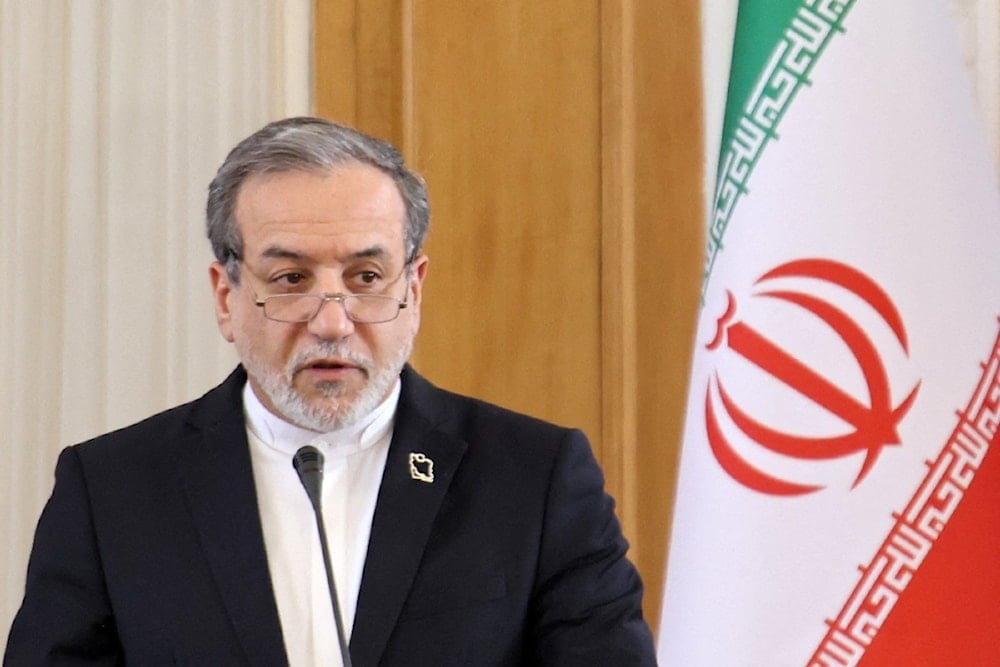ALWAGHT- Iranian Foreign Minister Abbas Araghchi urged countries affected by US sanctions to unite in a coordinated response, emphasizing that such sanctions should be recognized as crimes against humanity.
Iranian Foreign Minister Abbas Araghchi has increasingly framed US and Western sanctions as not just political tools but as instruments with deadly humanitarian consequences. By citing the Lancet Global Health study, he highlighted that sanctions are far from “bloodless,” showing that unilateral measures—especially those led by the US—have contributed to hundreds of thousands of deaths since the 1970s, disproportionately affecting vulnerable populations like children and the elderly.
Araghchi’s statements go beyond criticism; he is calling for international recognition of these sanctions as crimes against humanity, a legal and moral categorization that would place significant pressure on sanctioning countries. He emphasizes that this is not just an Iranian concern, but a global one, urging all nations affected by such measures to coordinate a collective and unified response to counteract the effects and challenge the legitimacy of these sanctions in international forums.
The Iranian minister’s message also fits into a broader narrative of resistance against what Tehran portrays as a hegemonic global order where powerful countries impose unilateral measures under the guise of diplomacy or economic coercion. By referencing peer-reviewed research, Araghchi seeks to provide empirical evidence to support Iran’s claims, framing the sanctions as systematically lethal rather than mere political pressure.
This approach has strategic as well as diplomatic dimensions: it aims to rally international solidarity, put Western nations on the defensive in global public opinion, and potentially strengthen Iran’s case in institutions like the United Nations for sanctions relief or sanctions-related legal action.



























